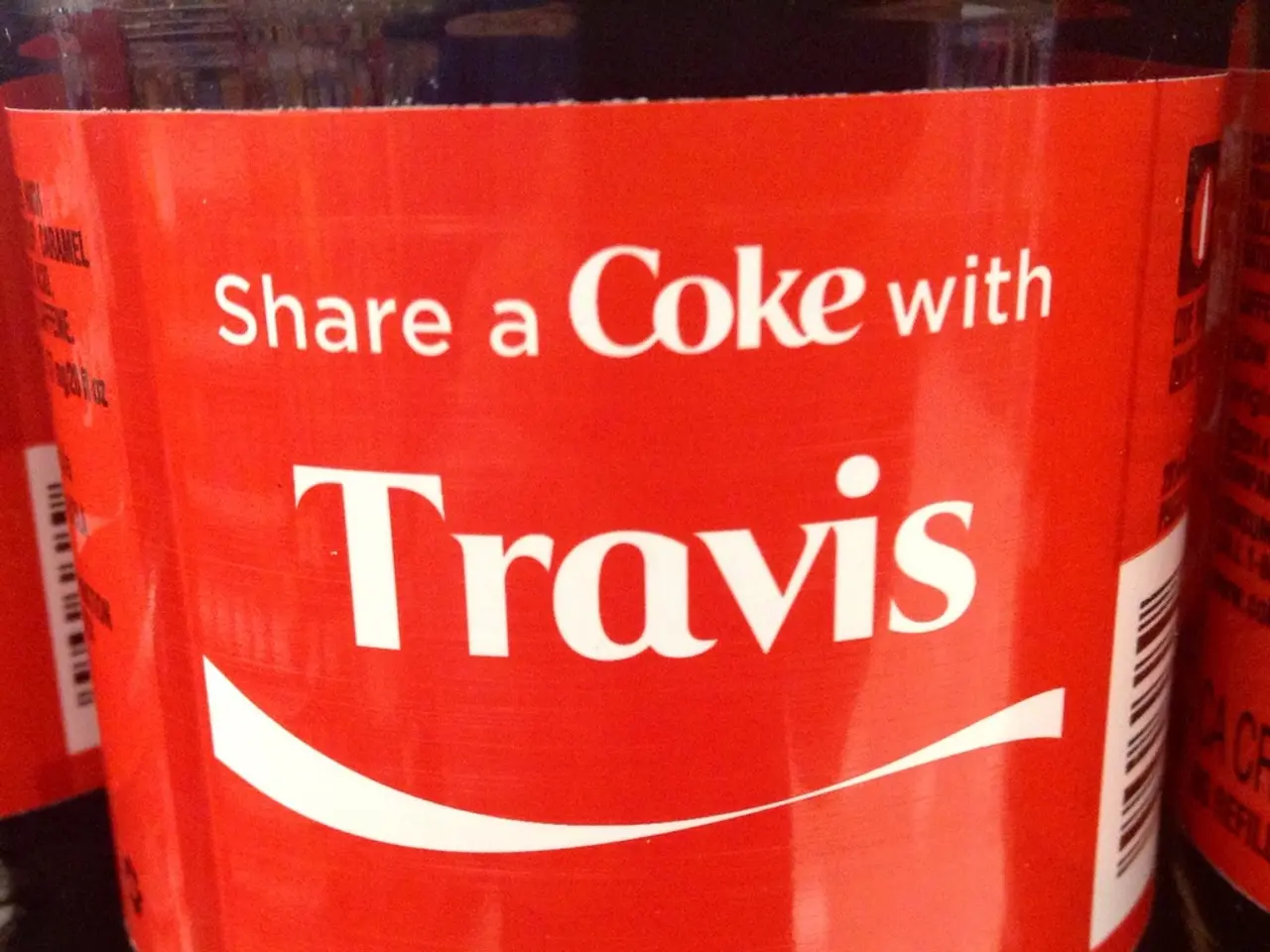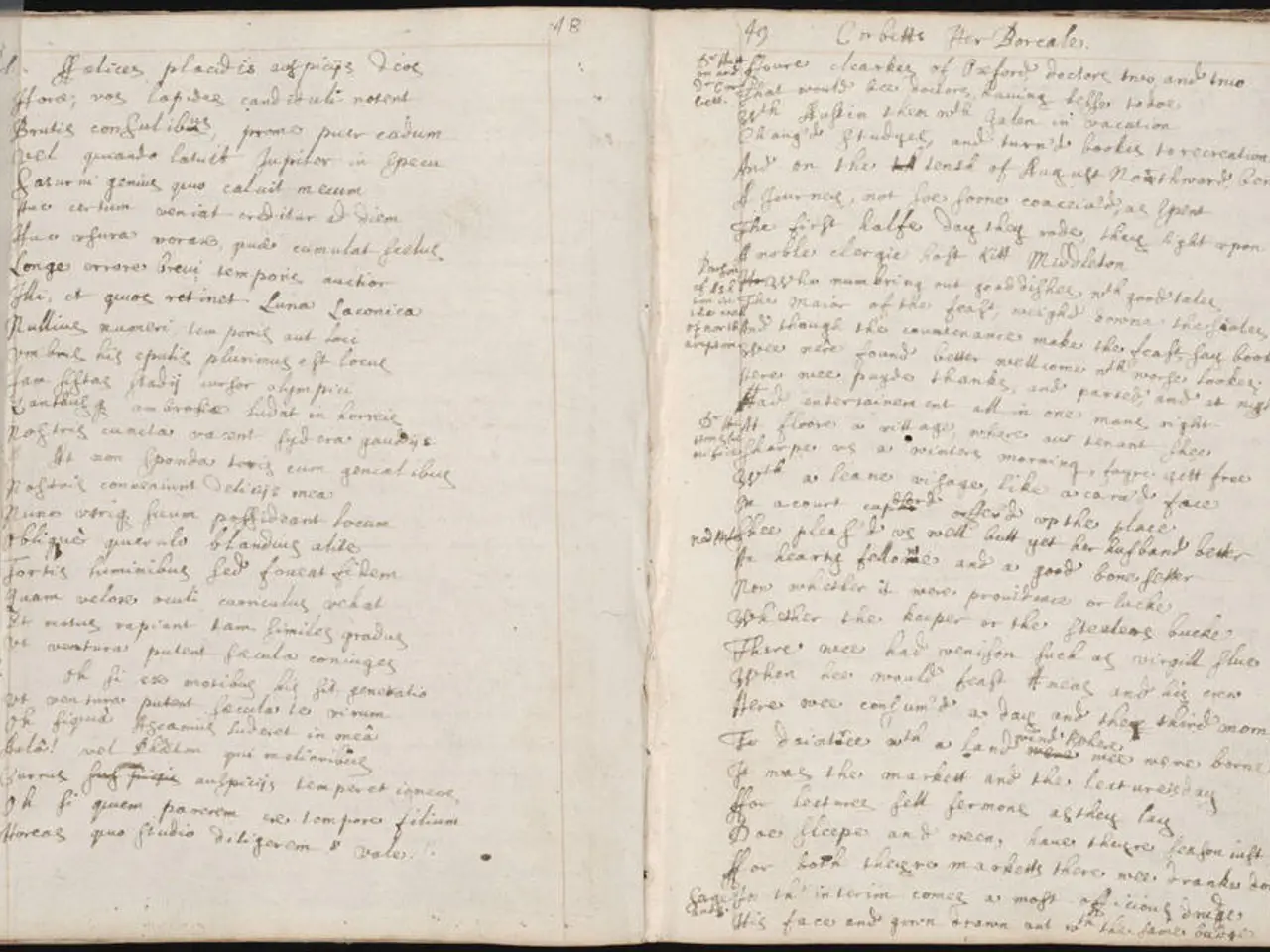Three Mexican Financial Institutions Accused by the U.S. Treasury Department of Playing a Pivotal Role in Money Laundering Activities
In a significant move to combat transnational criminal activities, the U.S. Department of the Treasury has designated three Mexican financial institutions as primary money laundering concerns. The institutions, CIBanco S.A., Intercam Banco S.A., and Vector Casa de Bolsa, have been implicated in facilitating illicit opioid trafficking and money laundering activities linked to Mexican drug cartels.
The designation, made by the Financial Crimes Enforcement Network (FinCEN) in 2025, labels these institutions as "primary money laundering concerns" due to their involvement in facilitating activities linked to the Beltran-Leyva Cartel, Jalisco New Generation Cartel (CJNG), and Gulf Cartel.
CIBanco, a multiple bank institution, has been accused of processing millions in payments related to precursor chemicals for illicit drug manufacture. Intercam Banco's executives have reportedly held meetings with suspected cartel members to discuss money laundering schemes. Vector Casa de Bolsa, a brokerage firm, has also been implicated in facilitating cross-border money flows for these criminal groups.
As a result of this designation, U.S. financial institutions and agencies are now prohibited from transacting funds with these Mexican entities, including any accounts or cryptocurrency addresses linked to them. This marks the first enforcement actions under new laws targeting fentanyl trafficking and associated money laundering.
The funds allegedly moved by these institutions were used to purchase chemical precursors for fentanyl production, a synthetic opioid fueling a public health crisis in the U.S. The Sinaloa Cartel, not among the Mexican financial institutions sanctioned by the U.S., is reportedly continuing its fentanyl production despite the global pandemic, according to Breitbart. However, the article does not specify whether the Sinaloa Cartel's fentanyl production is funded by these Mexican financial institutions or if they are separate entities.
Mexican and U.S. officials have pledged continued cooperation to strengthen anti-money laundering controls and protect both nations from illicit finance threats. The U.S. sanctions underscore a growing effort by U.S. authorities to disrupt the financial infrastructure of transnational criminal organizations and curb the flow of synthetic opioids into the country.
It's important to note that no specific Mexican financial institutions associated with the Chinese 'cartels' have been identified in this article. The article also does not provide details on the specific role of the Chinese 'cartels' in Mexico's financial system or their connection to drug cartels.
[1] U.S. Department of the Treasury, "Treasury Sanctions Three Mexican Financial Institutions for Facilitating Money Laundering for Drug Trafficking Organizations," 1 January 2025. [2] U.S. Department of Justice, "U.S. Financial Institutions Prohibited from Transacting with Three Mexican Financial Institutions Designated as Primary Money Laundering Concerns," 1 January 2025. [4] U.S. Department of the Treasury, "FinCEN Advisory: Mexican Financial Institutions Facilitating Money Laundering for Drug Trafficking Organizations," 1 January 2025.
- The designation of CIBanco, Intercam Banco, and Vector Casa de Bolsa as primary money laundering concerns by the U.S. Department of the Treasury in 2025 came under the umbrella of general news and crime-and-justice categories, as they were implicated in facilitating money laundering schemes for Mexican drug cartels.
- The banking-and-insurance sector, specifically these three Mexican financial institutions, has been under scrutiny for their involvement in facilitating illicit activities, such as processing payments related to precursor chemicals for illicit drug manufacture and holding meetings with suspected cartel members to discuss money laundering schemes.
- The U.S. Department of Justice, in their announcement from 1 January 2025, outlined new enforcement actions targeting fentanyl trafficking and associated money laundering. This included the prohibition of U.S. financial institutions and agencies from transacting funds with these Mexican entities.




